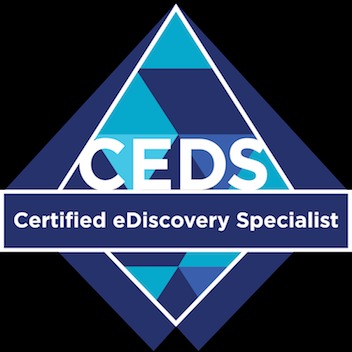티스토리 뷰
Privilege review typically involves attorneys meticulously inspecting collected documents—but it doesn't have to.
YOURIFE 2015. 4. 17. 10:05"Lawyers are so concerned about accidentally producing privileged documents, they almost always want a full review prior to production. I do not know if it's really going to save money as the profession and clients don't want to use it,"
I think we can agree that privilege review typically involves highly paid attorneys meticulously inspecting collected documents in search of privileged content. Yet attorneys and in-house legal teams now have the ability to index, search and analyze information "in-place" as it exists in its native store—all prior to collection. Furthermore, predictive coding, or machine learning technology, can be trained to quickly identify specific types of content or metadata and flag documents accordingly before anything is actually collected.
By leveraging these technologies, legal teams can apply advanced search filters and predictive coding to data in place and eliminate the need to conduct manual privilege searches. For example, an email containing a particular corporate attorney's name could signal that there is a high likelihood the content is privileged. The system can be trained to flag and withhold those emails from any subsequent collection.
An added benefit of conducting the privilege analysis in place, versus post-collection, is that any privileged documents that do make it past the initial filtering (remember that no technology is perfect every time) can still be spotted and withheld from production in the latter stages of review. This is extremely important when you consider the fallibility of manual human review, especially with large document sets. Eliminating privileged data early in the process mitigates the risk that something will slip through the cracks later on.
Besides reducing the need for costly privilege reviews, applying advanced search filtering to data in place further controls costs by providing attorneys with insights into the data—volumes, types, locations, search terms, smoking gun issues—much earlier in the process and enable them to become much smarter and more informed about the potential evidence. Armed with actual data intelligence, attorneys can enter negotiations with solid proportionality and scope arguments based on facts, keeping discovery requirements (and costs) proportional to the case and issues at hand.
Read more: http://www.legaltechnews.com/id=1202723520417/Easing-EDiscovery-Review-Costs#ixzz3XWYLCoiK
'eDiscovery' 카테고리의 다른 글
| Laptops Are Not Searchable Like Handbags, Judge Tells Feds (0) | 2015.05.21 |
|---|---|
| The Big 4 Are Putting Down Roots in the Legal Sector (0) | 2015.05.20 |
| '한국형 디스커버리 제도' 본격 추진 (0) | 2015.04.16 |
| eDiscovery Budget Calculator (0) | 2015.04.16 |
| 5 e-Discovery Predictions for 2015 (0) | 2015.01.16 |
